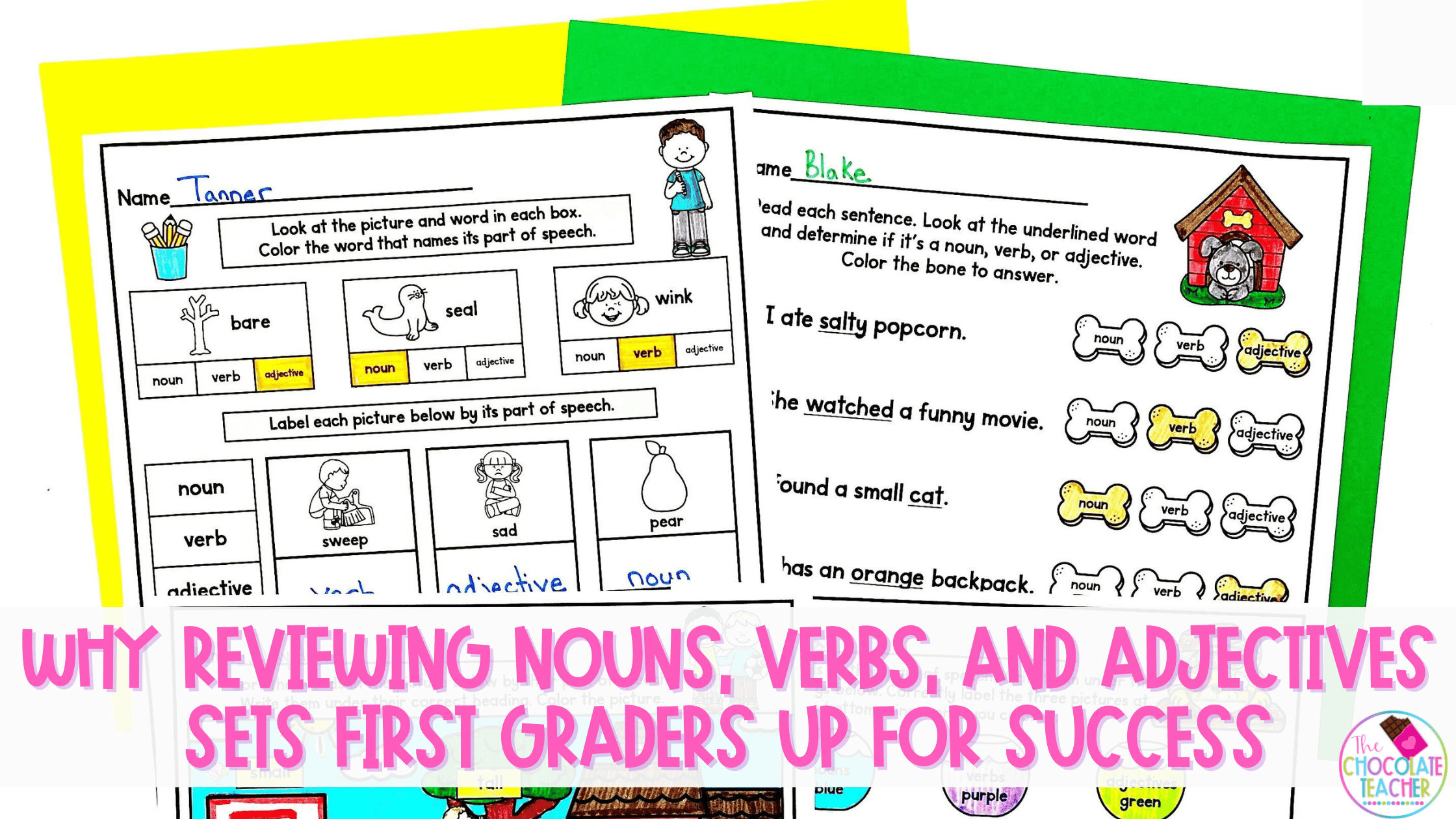Nouns, adjectives, and verbs are the building blocks of language. They are essential for conveying meaning and expressing ideas. Understanding the differences between these parts of speech is crucial for effective communication.
Nouns are words that represent people, places, things, or ideas. They can be concrete, such as “table” or “dog,” or abstract, like “happiness” or “justice.” Adjectives, on the other hand, are words that describe or modify nouns. They add detail and specificity to the nouns they accompany, such as “beautiful” or “tall.” Verbs, meanwhile, are action words that express a state of being or an action, like “run” or “think.”
Nouns, Adjectives, and Verbs
Nouns are the foundation of sentences, serving as the subjects or objects of verbs. They provide the who or what in a sentence, giving it substance and meaning. Adjectives enhance nouns by providing more information about their qualities or characteristics. For example, in the phrase “the red car,” “red” is the adjective that describes the noun “car.” Verbs, on the other hand, are the engine of a sentence, driving the action or state of being. They convey what is happening in a sentence, such as “jump” or “sleep.”
When constructing sentences, it’s essential to ensure that nouns, adjectives, and verbs work together harmoniously to convey a clear and coherent message. Adjectives should be used to provide vivid descriptions that paint a picture in the reader’s mind, while verbs should be strong and precise to communicate actions effectively. Nouns should be chosen carefully to ensure they accurately represent the subject or object of the sentence.
Using a variety of nouns, adjectives, and verbs can also enhance the richness and depth of your writing. By incorporating different types of nouns, such as proper nouns or collective nouns, you can add complexity and specificity to your sentences. Adjectives can be used to create imagery and evoke emotions in the reader, while verbs can inject energy and movement into your writing.
In conclusion, nouns, adjectives, and verbs are essential components of language that work together to convey meaning and express ideas. By understanding their roles and how they interact in sentences, you can improve your writing and communication skills. So next time you sit down to write, pay attention to the nouns, adjectives, and verbs you use, and watch your words come to life.
